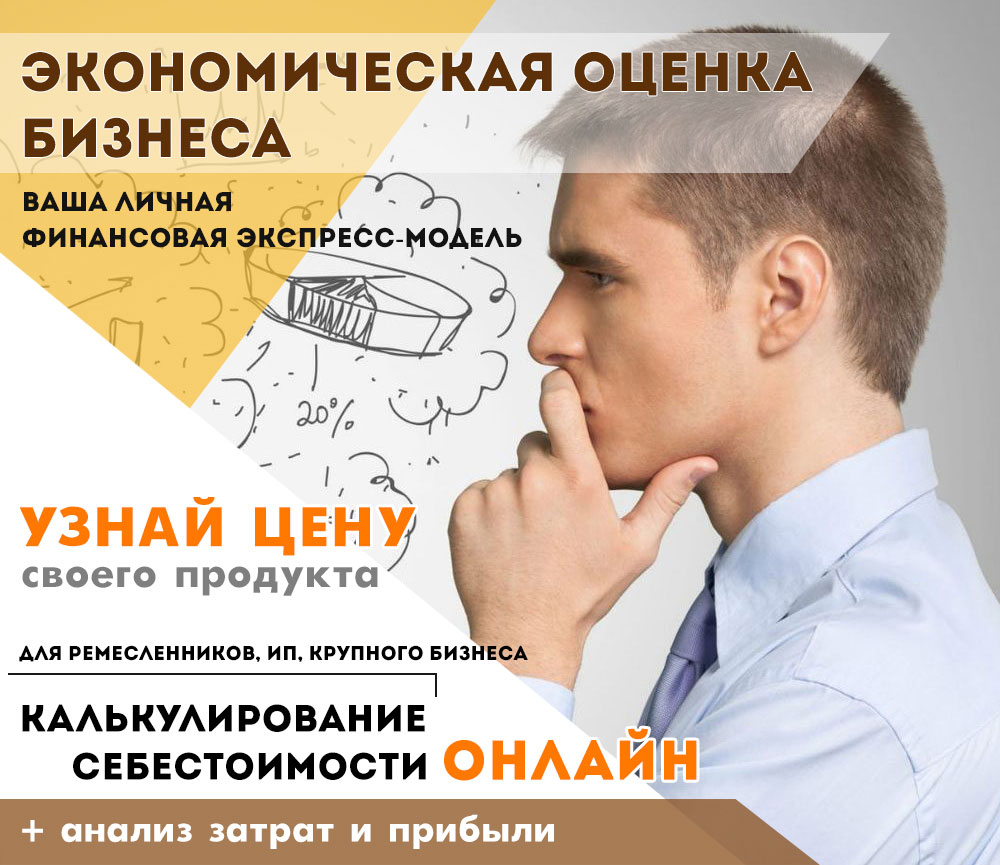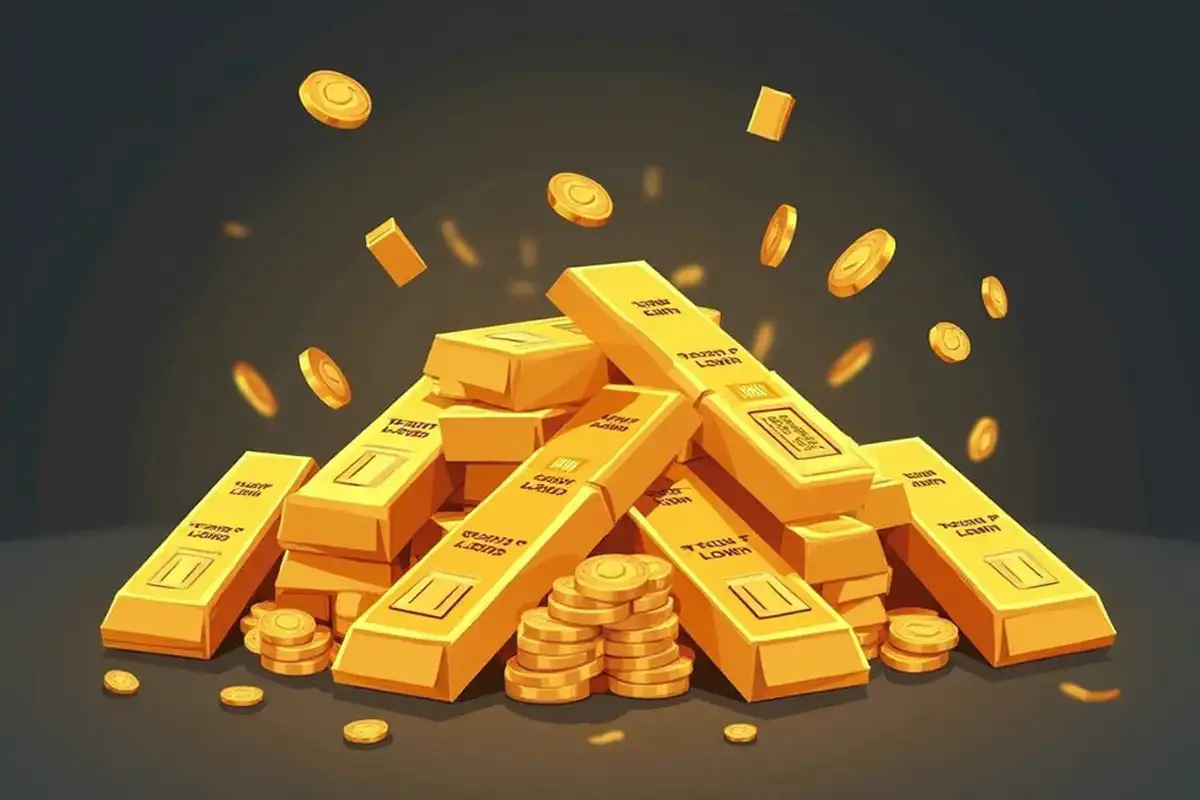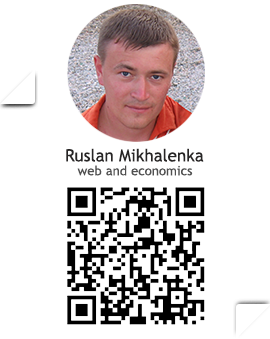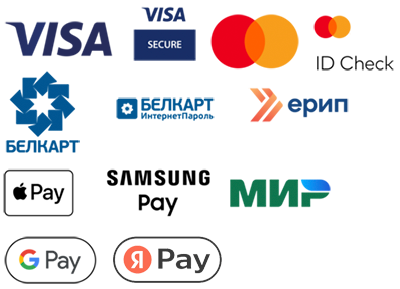Imagine the situation
There is a certain Vasily Pupkin, who came up with a certain project of his own (it doesn't matter online or offline), which provides society with certain valuable products, and established payments for them within this ecosystem (his project) with certain settlement coupons (let it be, for example, some of his own crypto token, he invented the PUP).
Moreover, I think it's not a problem to create it on the basis of any branch of popular blockchains today.
For a better understanding, you can, for example, compare such a project with the well-known online retail retailer Ozon, which, by the way, has its own accounting unit for payments in it (if anyone does not know Ozon).
The essence of the fable is as follows:
If the state wants to ensure the value of its national currency within the global community, which, accordingly, will contribute to an increase in demand and prices for it, it is necessary to create a system of competitive and socially demanded food (tangible) and virtual values, which it will serve.
Sometimes private initiative is much more interesting than what the state offers, so it sometimes tries its best to stifle any of these external initiatives that contradict national interests.
Well, as they say, not to myself and not to people. And here, of course, logic is fully justified.
Because if everyone switches to the unit of account that Vasily Pupkin came up with, then what kind of demand for the national currency can we talk about. Of course, this is all exaggerated, but the point is this.
As long as any initiatives in the sphere of human activity continue to be infringed upon, this will not lead to anything good for the national currency, given the level of its current competitiveness (of course, we do not consider minerals, oil, gas, fertilizers, etc.).
Where is the exit
The solution, as it seems, lies on the surface:
To find a compromise with private initiatives for the legalization and convertibility of such coupons with the national currency, which, of course, would support both the national currency and the project currency at the global level.
Another way is to nationalize such projects. But not to "squeeze out", but to privatize on fair and mutually beneficial terms what the state cannot do.
Just picking up an interesting project won't solve the problem.
Well, imagine Pavel Durov's Telegram project. Let's say the state has squeezed it for itself. And what's next? And who will manage, develop, support, and popularize it? Who!
Now imagine: tomorrow your ruble can be exchanged for a thousand different tokens from the best projects in the country.
And Pupkin is not one, but thousands of them, and they all have necessary and interesting projects that solve some tasks for people in the world, and they have their own units of account that can be easily converted into rubles, and rubles, in turn, into any world currency.
That is, in other words: if you want to buy my product, buy a ruble; for a ruble, buy my token, and for it you will get what you want.
Conclusion:
If the state wants a strong currency, it does not need to stifle initiatives, but rather allow them to breathe and develop, integrating them into a common economic ecosystem.
Private support is national support.
It is precisely such projects that create demand for the national currency, not the other way around.

































